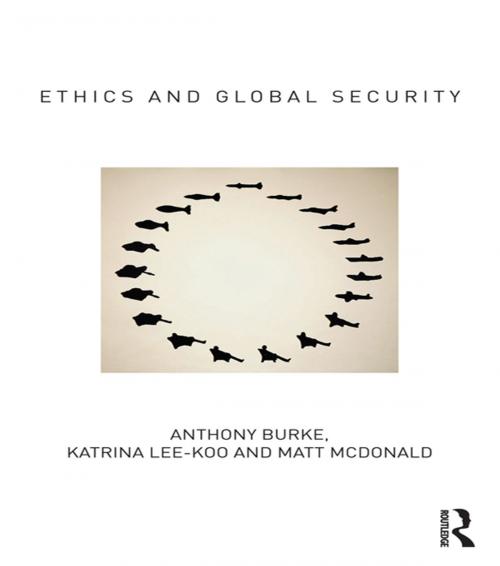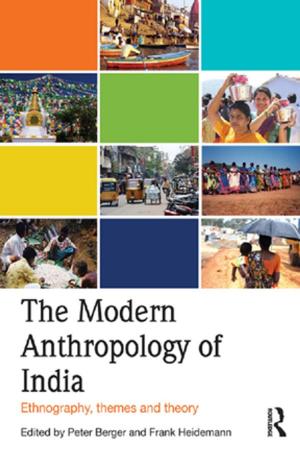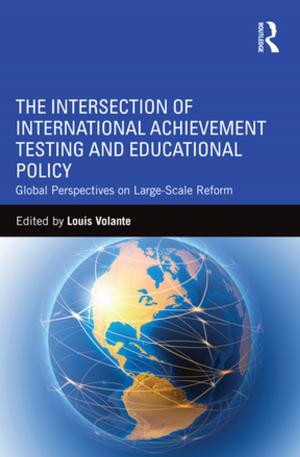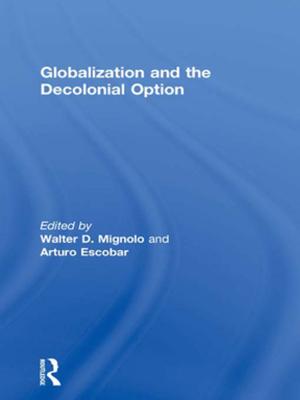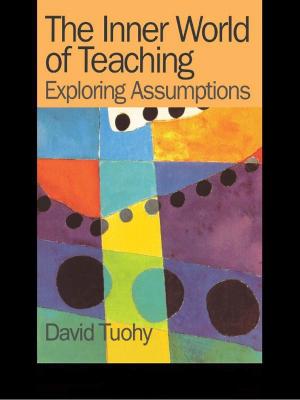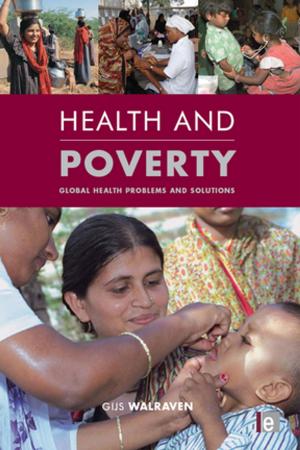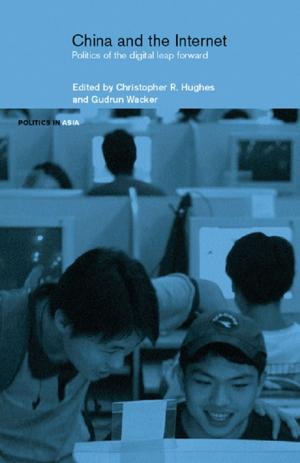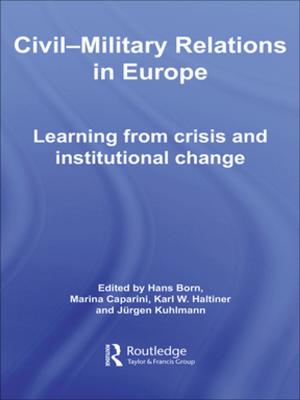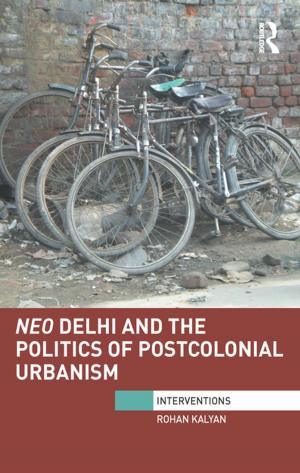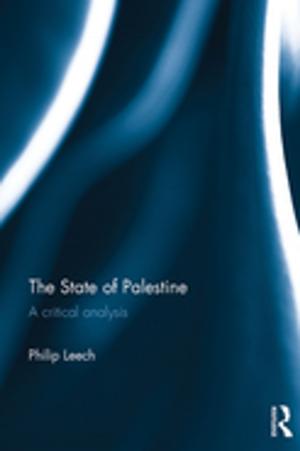Ethics and Global Security
A cosmopolitan approach
Nonfiction, Social & Cultural Studies, Political Science, International, International Relations| Author: | Anthony Burke, Katrina Lee-Koo, Matt McDonald | ISBN: | 9781135095079 |
| Publisher: | Taylor and Francis | Publication: | June 27, 2014 |
| Imprint: | Routledge | Language: | English |
| Author: | Anthony Burke, Katrina Lee-Koo, Matt McDonald |
| ISBN: | 9781135095079 |
| Publisher: | Taylor and Francis |
| Publication: | June 27, 2014 |
| Imprint: | Routledge |
| Language: | English |
This book will be the first systematic examination of the role that ethics plays in international security in both theory and practice, and offers the reader a concrete ethics for global security.
Questions of morality and ethics have long been central to global security, from the death camps, world wars and H-bombs of the 20th century, to the humanitarian missions, tsunamis, terrorism and refugees of the 21st. This book goes beyond the Just War tradition to demonstrate how ethical commitments influence security theory, policy and international law, across a range of pressing global challenges. The book highlights how, from patrolling a territorial border to maintaining armed forces, security practices have important ethical implications, by excluding some from consideration, presenting others as potential threats and exposing them to harm, and licensing particular actions.
While many scholars and practitioners of security claim little interest in ethics, ethics clearly has an interest in them. This innovative book extends the traditional agenda of war and peace to consider the ethics of force short of war such as sanctions, deterrence, terrorism, targeted killing, and torture, and the ethical implications of new security concerns such as identity, gender, humanitarianism, the responsibility to protect, and the global ecology. It advances a concrete ethics for an era of global threats, and makes a case for a cosmopolitan approach to the theory and practice of security that could inspire a more just, stable and inclusive global order.
This book fills an important gap in the literature and will be of much interest to students of ethics, security studies and international relations.
This book will be the first systematic examination of the role that ethics plays in international security in both theory and practice, and offers the reader a concrete ethics for global security.
Questions of morality and ethics have long been central to global security, from the death camps, world wars and H-bombs of the 20th century, to the humanitarian missions, tsunamis, terrorism and refugees of the 21st. This book goes beyond the Just War tradition to demonstrate how ethical commitments influence security theory, policy and international law, across a range of pressing global challenges. The book highlights how, from patrolling a territorial border to maintaining armed forces, security practices have important ethical implications, by excluding some from consideration, presenting others as potential threats and exposing them to harm, and licensing particular actions.
While many scholars and practitioners of security claim little interest in ethics, ethics clearly has an interest in them. This innovative book extends the traditional agenda of war and peace to consider the ethics of force short of war such as sanctions, deterrence, terrorism, targeted killing, and torture, and the ethical implications of new security concerns such as identity, gender, humanitarianism, the responsibility to protect, and the global ecology. It advances a concrete ethics for an era of global threats, and makes a case for a cosmopolitan approach to the theory and practice of security that could inspire a more just, stable and inclusive global order.
This book fills an important gap in the literature and will be of much interest to students of ethics, security studies and international relations.
